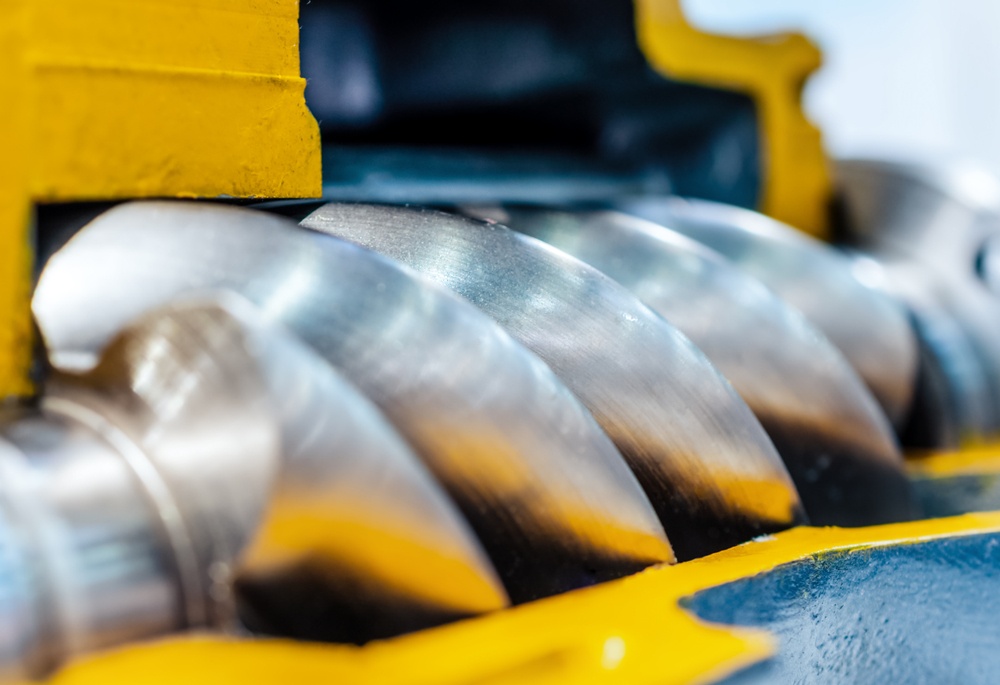Does your business need a suitable air compressor? Air compressors are modern devices that use electricity or fuel for compressing the air and storing it in the tank. And this releases as and when required. These devices have been around for quite a while and have a lot of applications.

Air compressors usually come in handy for supplying moderate-pressure clear air that helps drive a building’s HVAC control system valves. These also help fill the high-pressure air tanks, produce moderate-pressure air for large-scale operations like oxidation, and fill tires.
With such a wide variety of operations that an air compressor performs, these devices are a must-have for your business. The major types of air compressors are the rotary screw compressor and reciprocating compressor. But, how do you choose the best fit for your business? Well, let’s get started with knowing their fundamental differences.
- Compressor Operations:
Rotary compressors use two screws that turn in opposite directions and trap the air between them that causes compression. On the other hand, Reciprocating compressors make use of pistons, which move up and down for air compression inside the cylinder.
- Compressor Maintenance:
One of the significant advantages of a Rotary Screw Air Compressor over a reciprocating one is the reduced maintenance and costs. The first category requires a simple filter and lubricant upkeep. On the other hand, reciprocating air compressors have multiple parts like piston rings and valves, which require frequent checks.
Since these parts wear over time, the compressors generate added heat without requiring a high level of maintenance. And, thus, these lose performance value over time.
- Compressed Air Applications:
Now that you’re comparing the types of compressors for your business, it is vital to know the purpose of usage. One of the clear advantages of air compressors is their ability to work at higher levels.
Reciprocating air compressors have the upper hand over the rotary screw compressors since they can work at higher levels. These compressors work wonders in performing jobs that require pressures above 150 psi.
Also, the flexibility of their use in demanding applications makes them a thumbs up choice. You can also mount these onto the tanks.
Rotary screw air compressors work best for running at pressures under 150 psi. And, that’s why these are ideal for standard plant applications. These are dependable and have long life cycles, making them cost-effective options for industrial and medical facilities. And, just like reciprocating compressors, these run either in electricity or gas.
In addition to differentiating maintenance costs and distinctive functional application differences, some other features that guide the compressor type are:
Features of Rotary Screw Compressors:
- Reduces noise levels- all thanks to optional designs and enclosures
- Greater energy efficiency
- Generates less heat
- Functions in extreme temperatures
- Safe and relatively more minor in size
- Continues operations with no pistons for cooling
Features of Reciprocating Compressor:
- Produces both high power and high pressure
- No oil carryovers
- Greater range of compression
- Better for intermittent operations
- Low set-up costs
The Bottom Line
Several complex factors go into choosing the suitable compressor for your application needs. Thus, it is wise to stay up-to-date with the latest technological advancements and seek energy-efficient solutions for making trusted choices.
In the end, it’s about choosing the best equipment for your business needs.
Leave a Reply